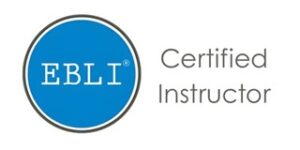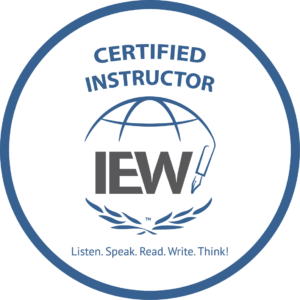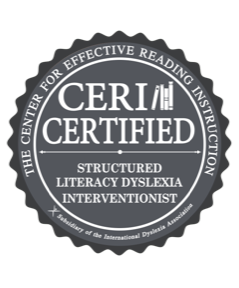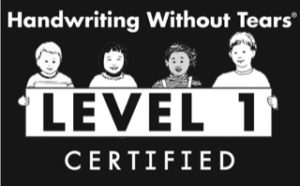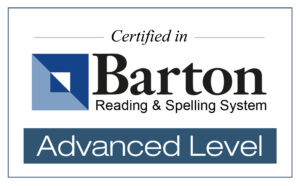Did you know that Dyslexia affects 1 in 5 individuals, many of whom remain un-diagnosed and receive little or no intervention services?
Symptoms could include:
Language
- Understanding instructions or directions
- Repeating what has just been said in proper sequence.
- Staying on topic and getting to the point (gets bogged down in details).
- Naming people and objects.
- Speaking with precise, accurate language, proper grammar and a varied vocabulary.
- Distinguishing between words that sound similar.
- Pronouncing words correctly.
- Speaking smoothly, without much halting or use of “filler words” (like “um”).
- Rhyming.
- Understanding humor, puns and idioms.
Reading
- Reading age-appropriate content with good fluency.
- Reading aloud or silently with good understanding.
- Feeling confident and interested in reading.
- Remebering sight words and other printed words.
- Learning and remembering new vocabulary words.
- Accurately analyzing unfamiliar words (tends to guess instead).
- Reading words and letters in the correct order, seldom reversing or skipping over them.
- Understanding word problems in math.
Writing
- Mastering spelling rules.
- Spelling the same word consistently and correctly.
- Writing letters, numbers and symbols in the correct order.
- Proofreading and correcting self generated work.
- Expressing ideas in an organized way. (older children)
- Preparing/organizing writing assignments. (older children)
- Fully developing ideas in writing. (older children)
- Listening and taking notes at the same time.
Susan Barton has a few videos about Dyslexia that I recommend watching:
What is Dyslexia?
Classic Warning Signs
Reading Mistakes
Gifts and Solutions
Why does this matter?
The only “solution” to dyslexia is learning a different way which is echoed throughout Susan’s website Bright Solutions. Ben Foss’s book, author of The Dyslexia Empowerment Plan: A Blueprint for Renewing Your Child’s Confidence and Love of Learning, also encourages dyslexic’s to embrace new technology and embrace their dyslexia.
As far as the HOW they learn, that is where Orton-Gillingham-based methods come in. There are several in the market but the one I choose is Barton Reading & Spelling.
I also have done a lot of reading and PRAYING and have found some great additional resources:
Here are some other great informative websites:
The Yale Center for Dyslexia & Creativity
The International Dyslexia Association
“Dyslexia is a specific learning disability that is neurobiological in origin. It is characterized by difficulties with accurate and/or fluent word recognition and by poor spelling and decoding abilities. These difficulties typically result from a deficit in the phonological component of language that is often unexpected in relation to other cognitive abilities and the provision of effective classroom instruction. Secondary consequences may include problems in reading comprehension and reduced reading experience that can impede growth of vocabulary and background knowledge.”
Adopted by the IDA Board of Directors, Nov. 12, 2002.

